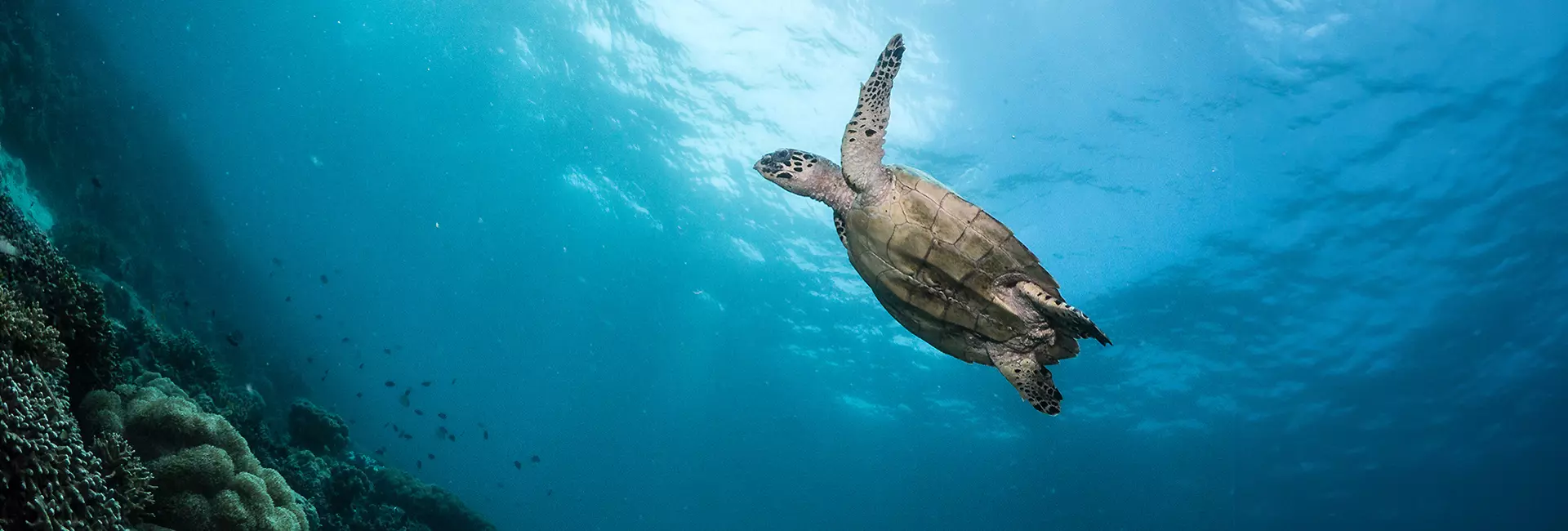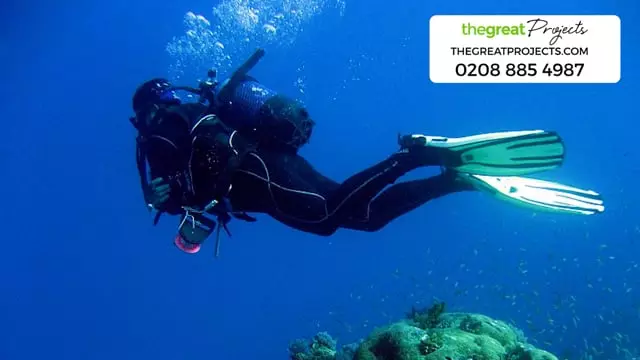
Marine Biology Volunteer
Marine Biology Volunteer
Dedicating your time to become a marine biology volunteer is perhaps one of the most fascinating experiences you could ever have. By doing so, you have the unfathomable opportunity to witness a somewhat parallel universe that words simply cannot describe, which is life beneath the waves.
Oceans cover over 70% of Earth, but just 7% of them are protected. Many government schemes have safeguarded areas on land, but protected areas of the ocean are sparser and this needs to change. However, we need to understand marine composition and ecology to know the best conservation strategies to implement – that’s where you come in!
Composition and ecology is the identity of different organisms within a habitat (both animal and plant species) and their relations to their environment; these are the factors which reveal how an entire ecosystem functions. For example, phytoplankton act as the lungs of the ocean by removing CO2 and produce oxygen as a byproduct. The phytoplankton relies on the ocean as their home, and in turn, they help to maintain healthy waters. By having better knowledge of these factors, we can implement the most appropriate strategies to help preserve our oceans and their inhabitants.
On any of our marine biology volunteer programs, you will learn much about these aspects, and conduct research based around composition and ecology, as well as the identification of incredible species such as gliding manta rays and gentle whale sharks. These trips are perfect for marine biologists, students studying conservation, or simply if marine biology grabs your attention!
Whoever you are, you have the chance to be truly enriched with knowledge and lifelong memories. So, what are you waiting for? Become a marine biology volunteer today!

Projects Do More
14 - 84 Nights from $2,019.00
Dive unexplored reefs and partake in marine conservation projects amongst the islands of the beautiful Raja Ampat archipelago.
View project6 - 55 Nights from $939.00
Dive into the incredible waters of the Perhentian Islands and aid marine conservation by volunteering in Malaysia!
View project13 - 83 Nights from $1,344.00
Join this unique whale shark internship project on the stunning Mafia Island in Tanzania.
View project13 - 83 Nights from $2,564.00
Work towards integral marine conservation in one of the most marine-rich locations on Earth.
View project4 - 53 Nights from $1,074.00
Dive in paradise, help preserve the Belize Barrier Reef, and enjoy private island life!
View projectMarine Biology Volunteer Information
Marine Wildlife At A Glance
Endangered Status
Varies Across Species
Number remaining in the wild
Dependent On Species
Endemic Region
Oceans All Around The World





